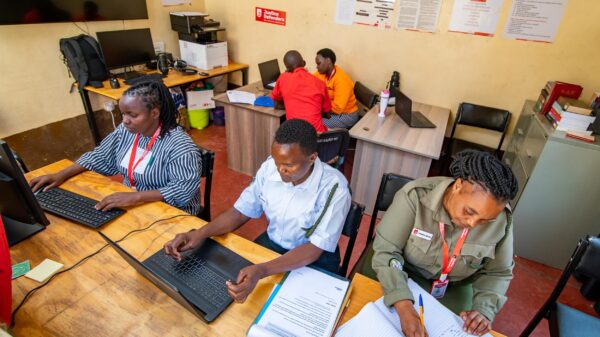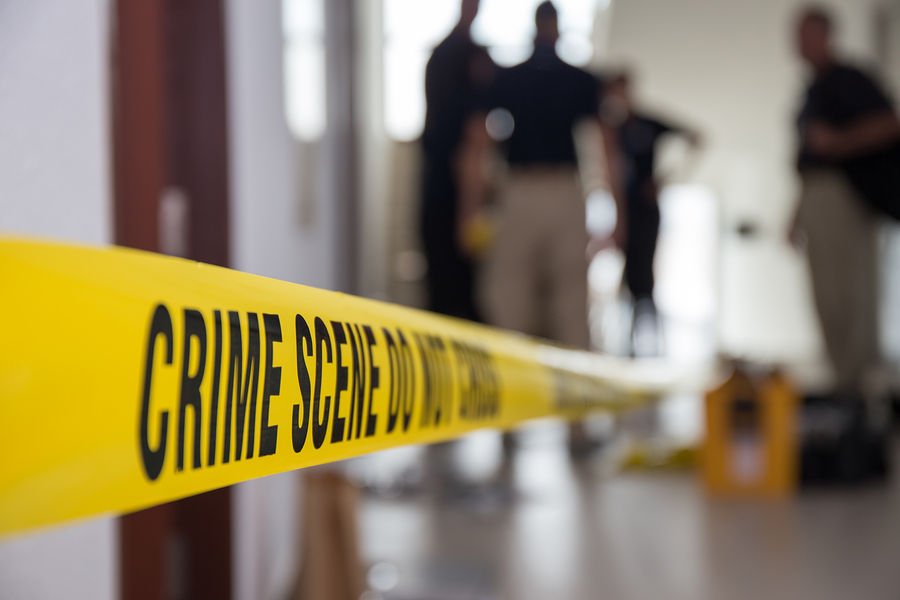When terror strikes, there’s panic and anguish but what should you do or not do?
In the wake of a terror attack like the one at the Dusit D2 hotel at 14 Riverside Drive, it is important to take the opportunity to reflect and learn a few things from the attack. The 7th out of a series of terror attacks in Kenya since 1998, it is essential to know what to do and what not do during an attack.
Here are some of the lessons learned of what to do during a terror attack.
1. Don’t share location details on your timeline on social media platforms
Sharing the details of your location especially if you are trapped or hiding out from attackers can be fatal as the attackers might be monitoring social media to try to locate more people to hurt or take hostage. Instead, direct message, someone, you trust to get the word out to security forces or contact security hotlines.
2. Don’t share images of the injured or the dead
In the age of social media, images and videos go viral within minutes. This can be compounded by the fact that during a time of crisis such as a terror attack, many are searching for information on various platforms. Avoid sharing images or the injured or dead as a family member, a friend may be alarmed by such images. The tension and anxiety during such moments is only made worse with images of the fallen circulating online. Show some respect for those injured or dead and their families and avoid sending such images.
3. Don’t call people trapped inside, text instead
You might have great intentions to locate your loved ones, however, how you choose to locate them makes all the difference. Calling could set off a loud ringtone that leads to a series of events that help the attackers locate your loved one. Always err on the side of caution and use text messages to communicate with those you suspect are trapped in a hostage situation.
4. Don’t crowd at the scene of a crime
Kenyans are a peculiar people. However, it is important to follow directives from security officials. Heeding such advice could do a lot to save a life. Stay away from the crime scene, and remain vigilant while observing security directives. Your efforts as a civilian could be essential in restoring calm in a security crisis.
5. Don’t share security forces tactical information
Live feed sharing the tactics of security forces can do more harm than good. In a time of uncertainty, many are indeed searching for information. However, it is essential to keep tactical information away from the media or any other platforms available to the perpetrators. During times of crisis, information management could be among the many measures required to save the lives of innocents trapped in a hostage situation. If you have family or friends in a compromising situation keep them calm, and alert them that help is on the way. Inform the security forces of their location and keep calm. Posting information online might foil rescue efforts dead in its tracks should the right information gets into the wrong hands.
6: Do give way for emergency responders
Police, special forces, ambulances, and even firefighters need to respond as quickly as possible to a crisis. You may not be the hero to rescue innocents from a burning building, but you could be the one to give way and save the responders lots of time in traffic. Every minute counts, so always endeavor to be part of the solution and not the problem.
7. Volunteer when called upon
When a crisis hits, it is essential that we all do our part no matter how small. When called upon to donate food, drinks, blood or even a helping hand it is critical that you do your part to help. The basics of humanity lie upon the ability of men and women to come together for a good cause.







































